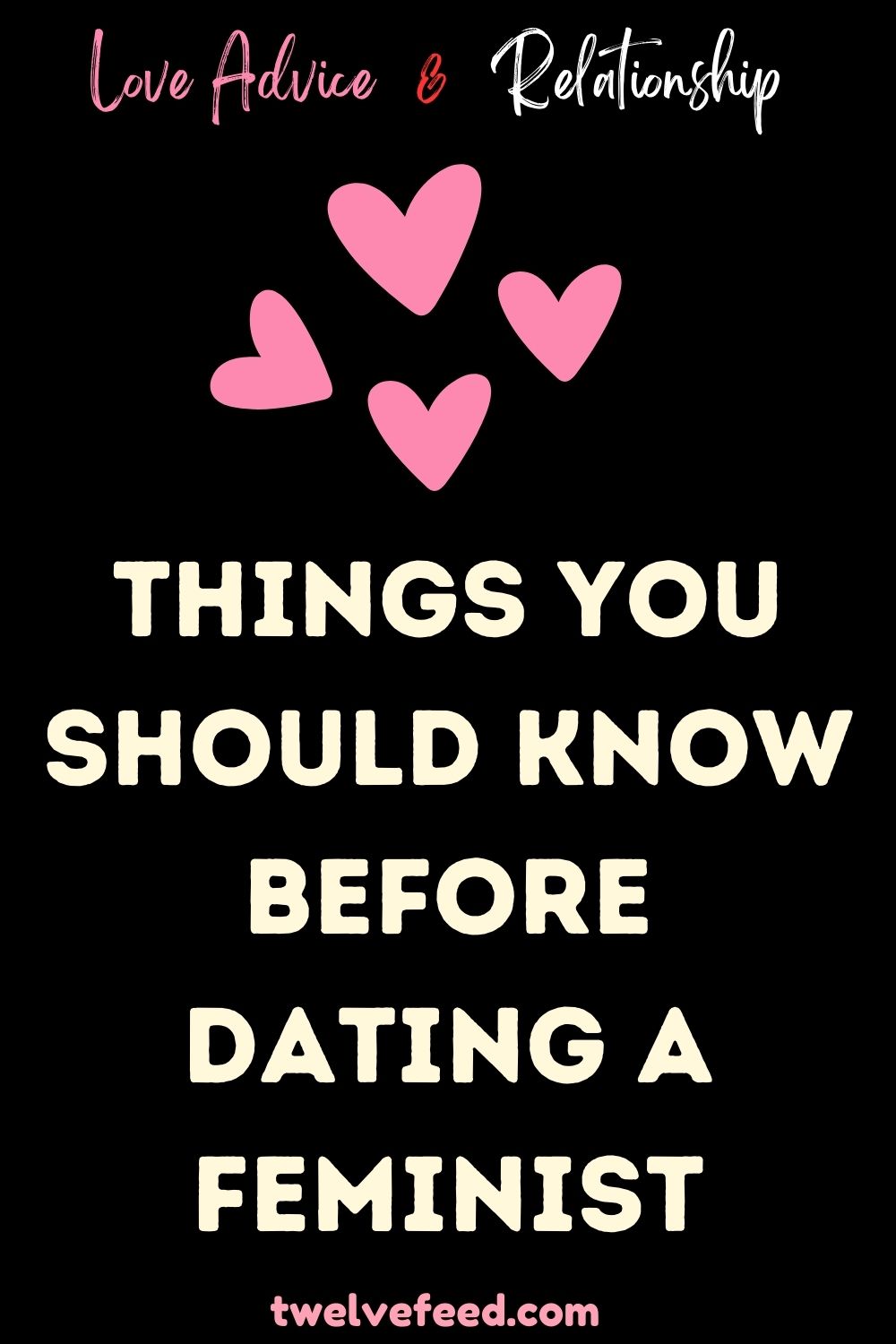
Introduction
Dating a feminist can be a rewarding and enlightening experience. In recent years, feminism has gained significant momentum, advocating for gender equality and challenging traditional societal norms. As more individuals embrace feminist principles, it’s essential to understand what it means to date someone who identifies as a feminist.
Understanding Feminism
Feminism is a social and political movement that aims to achieve equality between genders. At its core, feminism advocates for women’s rights and challenges systemic oppression and discrimination. Contrary to common misconceptions, feminism isn’t about female superiority but rather about dismantling patriarchal structures that limit both men and women.
Benefits of Dating a Feminist
Dating a feminist comes with numerous benefits. Firstly, it fosters an environment of equality and mutual respect. In a feminist relationship, both partners are valued for their thoughts, opinions, and contributions. Additionally, dating a feminist can lead to intellectual stimulation as discussions about gender equality and social justice are encouraged.
Furthermore, dating a feminist often means sharing similar values and goals. Feminists are often passionate about creating a more just and equitable world, which can foster a deep connection between partners who share these ideals.
Challenges of Dating a Feminist
While there are many positives to dating a feminist, it’s essential to acknowledge the potential challenges. One common challenge is navigating traditional gender roles. In a society where gender norms are deeply ingrained, both partners may face pressure to conform to outdated expectations.
Additionally, addressing societal pressures can be challenging. Dating a feminist may invite criticism or scrutiny from others who don’t understand or agree with feminist principles. This external pressure can strain a relationship if not addressed openly and honestly.
Furthermore, disagreements about feminism itself can arise. While sharing similar values is beneficial, it’s normal for partners to have differing viewpoints on certain aspects of feminism. Learning to navigate these differences with respect and understanding is key to maintaining a healthy relationship.
Communication is Key
Effective communication is essential in any relationship, but it’s especially crucial when dating a feminist. Open and honest dialogue allows partners to express their thoughts and feelings openly without fear of judgment. It’s essential to listen actively and empathetically, respecting each other’s perspectives even when they differ.
Respecting differing viewpoints doesn’t mean compromising one’s beliefs but rather acknowledging and validating each other’s experiences. Finding common ground and working through disagreements constructively strengthens the relationship and fosters mutual understanding.
Supporting Your Partner
Supporting your feminist partner involves more than just words—it requires action. Advocating for their rights and amplifying their voice in spaces where they may be marginalized is crucial. Being an ally in their journey towards gender equality demonstrates your commitment to their well-being and the broader feminist cause.
Encouraging your partner’s personal growth and celebrating their achievements, both big and small, reaffirms your support and strengthens your bond. By actively participating in their activism or advocacy efforts, you demonstrate solidarity and solidarity in your relationship.
Self-Reflection
Dating a feminist also entails self-reflection and introspection. It’s essential to examine your own beliefs and behaviors, challenging any ingrained stereotypes or biases you may hold. Embracing growth and change is a continuous process that benefits both individuals and the relationship as a whole.
By engaging in self-reflection and actively unlearning harmful societal norms, you contribute to creating a more equitable and inclusive society. Embracing feminism isn’t just about supporting your partner—it’s about recognizing and dismantling systems of oppression that affect us all.
Conclusion
Dating a feminist can be a deeply enriching experience that fosters growth, understanding, and mutual respect. By embracing feminist principles and engaging in open dialogue, couples can cultivate healthy and fulfilling relationships built on equality and shared values. While challenges may arise, communication, support, and self-reflection are essential tools for navigating them successfully.
FAQs
- What if I don’t identify as a feminist?
- While it’s essential to respect your partner’s beliefs, it’s also okay to have differing viewpoints. The key is to approach discussions with an open mind and a willingness to learn from each other.
- How can I support my feminist partner without overshadowing their voice?
- Supporting your partner involves actively listening to their experiences and amplifying their voice in spaces where they may be marginalized. It’s essential to recognize when to step back and let your partner lead while still offering your support behind the scenes.
- What if we have conflicting views on certain feminist issues?
- It’s normal for partners to have differing viewpoints on certain aspects of feminism. The key is to approach these disagreements with respect and understanding, focusing on finding common ground and learning from each other’s perspectives.
- How can I navigate societal pressures and criticism about dating a feminist?
- Remember that your relationship is about you and your partner, not others’ opinions. Surround yourself with supportive friends and family members who respect your relationship and share your values. Additionally, engaging in open dialogue with critics can help dispel misconceptions and promote understanding.
- Can dating a feminist lead to a more equitable relationship?
- Absolutely! Embracing feminist principles can foster a relationship built on mutual respect, equality, and shared values. By challenging traditional gender roles and societal norms, couples can create a more equitable partnership that benefits both partners.





